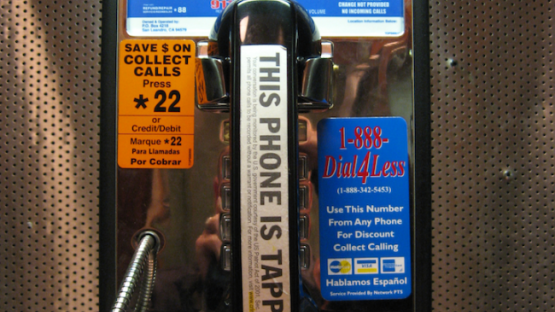French wiretapping scandal leads to electoral defeat

The French Socialist Party suffered a resounding defeat in parlimentary elections on March 21st and 28th, in part due to a wiretapping scandal that broke a week before the elections. Results showed that they lost over 200 seats in the Parliment and became the minority party. Socialist President Francois Mitterrand will remain in office but is expected to face a tough election in 1994.
The scandal emerged after reports and transcripts were leaked to Paris Daily Liberation, showing that a special counter-intelligence group directly responsible to President Mitterrand illegally wiretapped numerous people during the 1980s. Included in those wiretaps was Edwy Plenel, a famous investigative journalist for Le Monde, who broke the story that French agents were behind the bombing of the Greenpeace ship Rainbow Warrior in New Zealand in 1986. Plenel's appartment, and work phone were tapped. Other indviduals wiretapped included Franois Froment-Meurice, the deputy leader leader of the Social Democratic Centre - an opposition party, actress and Chanel perfume model Carole Bouquet, lawyer Antoine Comte, and writer Jean-Edern Hallier, who published a pamphlet called "The Lost Honour of Francois Mitterrand". Hallier's personal phone was not tapped but the the phones at his office, his cook's apartment and several bars that he frequented were tapped by French agents.
The head of the counter-terrorism group was later given the French Legion of Honour award for heading security at the 1992 Albertville Winter Olympics. Plenel, Froment-Meurice, and Haillerand now plan to file suit against the French government to discover who ordered the taps.
In 1990, the European Court of Human Rights condemmed the French goverment for illegal wiretapping. The Court found that "French law, written and unwritten, did not provide the applicants with the minimum degree of protection to which citizens were entitled under the rule of law in a democratic society." This resulted in a new French law on wiretapping, which was enacted in 1991. The new law allows for wiretapping with a warrant but also mandates cooperation from service providers. It also specifically exempts cellular and other wireless communications for protection. Documents obtained by Computer Professionals for Social Responsibility (CPSR) indicate that the 1991 French law may have provided the basis for the FBI's 1992 Digital Telephony Proposal, which was rejected by Congress in 1992 when no Congressman and Senator was willing to sponsor it.
More recently, author Peter Schweizer reported in his book Friendly Spies that the French government regularly wiretaps conversations of foreign companies for industrial information which is then passed onto French companies. He wrote that some companies, such as IBM, regularly send false information to their French subsidiaries to confuse French intelligence.